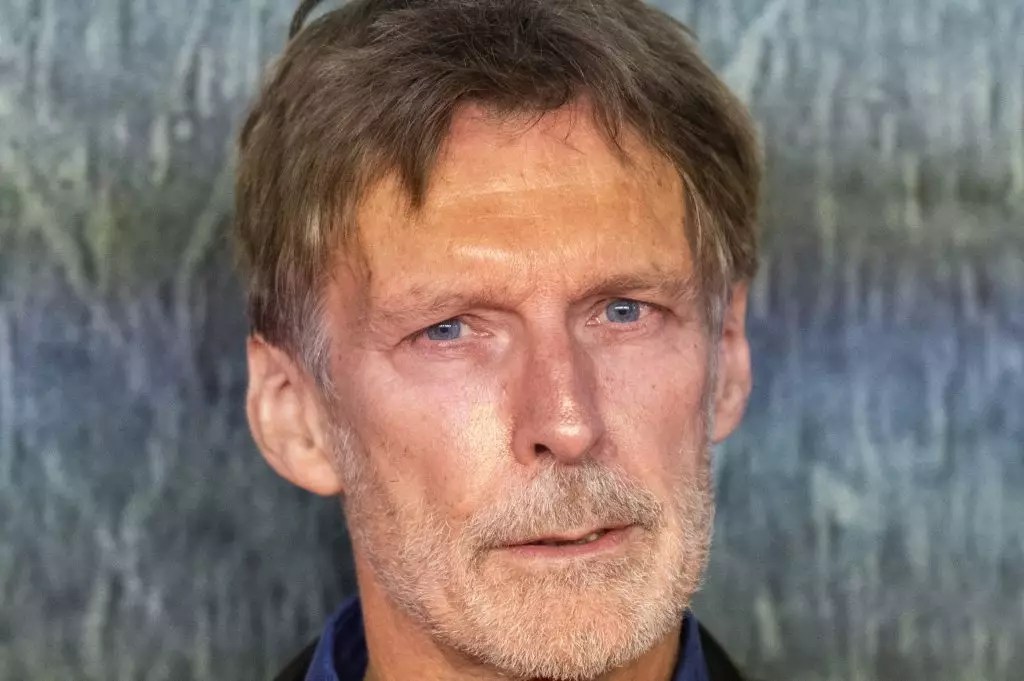In an era where political landscapes shift unpredictably and authoritarian tendencies appear to resurface worldwide, revisiting themes of resistance and moral resilience has never been more relevant. The upcoming series, “Army of Shadows,” represents a bold reimagining of a 1969 war film set during the French Resistance, transporting its core message into a near-future dystopian Britain under American dominance. This shift from historical to speculative fiction is not just a creative choice but a deliberate commentary on the pressing realities of our time. By adapting the story, showrunner Ronan Bennett underscores that the fight against oppressive regimes is perennial and that the present is merely a new battlefield for age-old struggles.
This recontextualization allows for a critical exploration of contemporary issues—surveillance, propaganda, political suppression—that resonate deeply with today’s audiences. The story shifts away from the clandestine operations of WWII to the sophisticated tactics used in modern authoritarian states, blending paranoia with technological control. Bennett’s vision aims to create a compelling narrative where the moral ambiguities faced by resistance fighters reflect the complex dilemmas individuals grapple with in real life, making the series both gripping and thought-provoking.
From Inspirations to Bold Innovation
Drawing inspiration from Jean Pierre Melville’s iconic film and Joseph Kessel’s novel, the new series takes the essence of defiance and perseverance into a new, unsettling future. Unlike the original, which was rooted in the tangible realities of wartime France, the series delves into a universe where Britain, once a bastion of democracy, has morphed into an experimental ground for authoritarian control. Under the guise of American occupation, the narrative becomes a layered commentary on international power dynamics, sovereignty, and the resilience of national identity.
What makes this adaptation particularly compelling is its moral complexity. The protagonist, a former British Army officer, is tasked with building a covert resistance cell designed to destabilize an oppressive regime. Bennett does not shy away from showcasing the painful choices—betrayal, moral compromise, and internal conflicts—that resistance entails. This adds depth and nuance, steering away from black-and-white portrayals of good versus evil. Instead, we witness characters making agonizing decisions, reminding viewers that resistance is often born out of desperation and difficult moral trade-offs.
Critically Engaging with Power and Resistance
Bennett’s confidence in tackling such a potent subject is evident in his own words, emphasizing that democracy’s fragility calls for continuous vigilance. “Army of Shadows” doesn’t merely serve as entertainment but as a mirror reflecting ongoing power struggles. It reminds us that resistance isn’t a one-time act but an enduring, collective effort that persists across generations and political regimes. The series promises to confront themes like propaganda, internment, and political assassination—elements that have historically defined oppressive regimes and continue to threaten democratic societies.
Supporting this vision, the production is backed by powerful organizations like Studiocanal, Channel 4, and Canal+, adding international weight to the project. The involvement of the Melville family and the Kessel estate underscores a respect for the original material while emphasizing its ongoing relevance. Yet, the true strength of this adaptation lies in its fearless approach to storytelling—challenging viewers to reflect on the nature of resistance in a world where authoritarianism often masquerades as order and security.
By emphasizing moral commitment over heroism, the series advocates for a nuanced understanding of what it truly means to resist. Bennett’s track record with acclaimed series like “Top Boy” and “The Day of the Jackal” shows his capacity to craft captivating narratives rooted in social critique. His embrace of a complex, morally ambiguous resistance movement within a speculative future sets a precedent for television to be both entertainment and a platform for critical thought.
Ultimately, “Army of Shadows” is more than a mere adaptation. It is a declaration that the fight for democracy and human rights is an ongoing battle—one that demands resilience, moral clarity, and an unwavering commitment to justice. Bennett’s vision pushes the boundaries of conventional TV storytelling, challenging us to grapple with the uncomfortable truths of power, compliance, and resistance in our own time.
